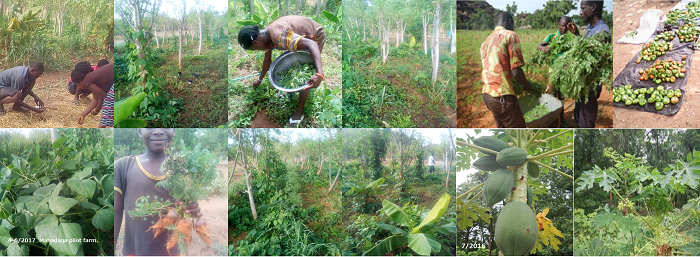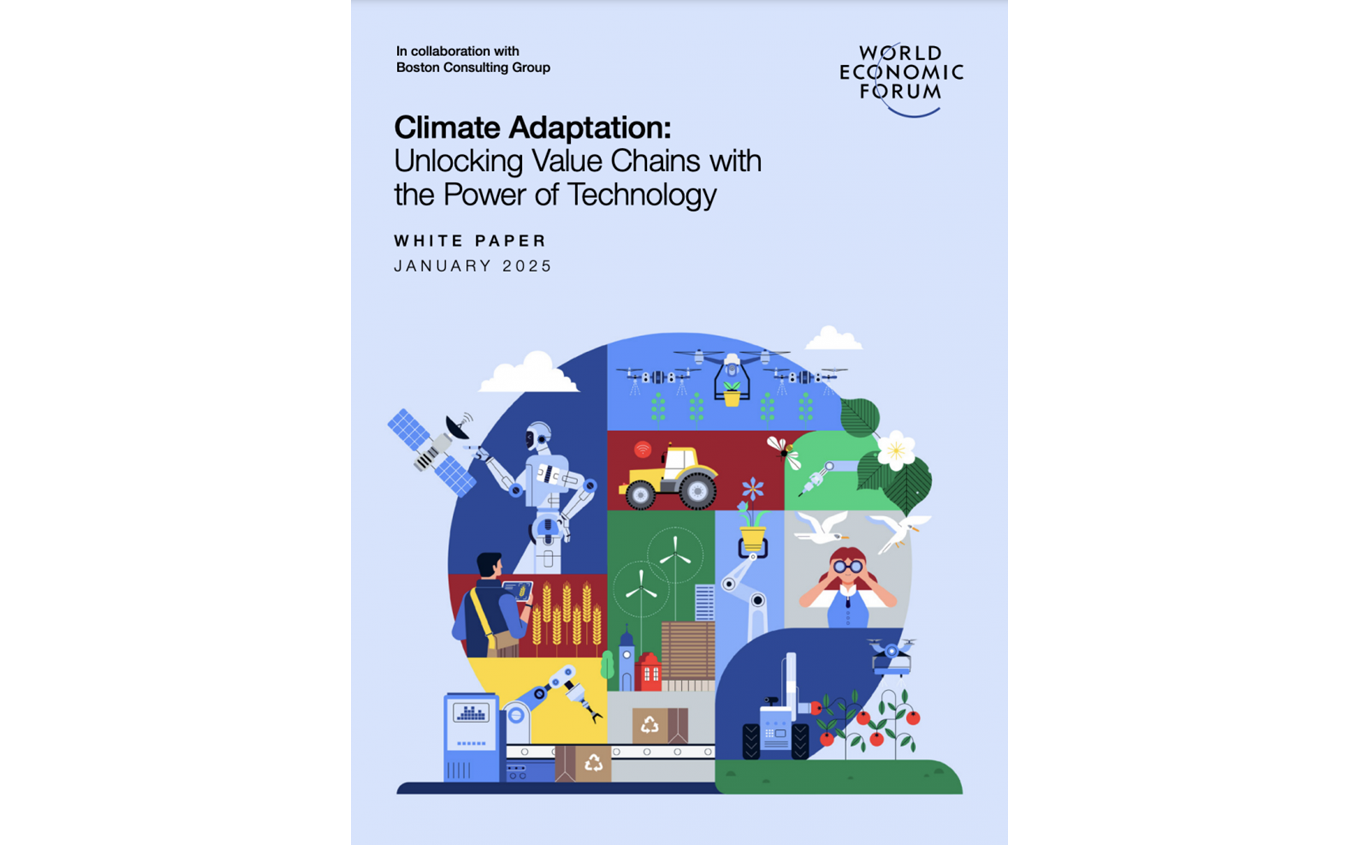Transboundary Research
Synecoculture in Africa
Based on the ecological optimization principles of Synecoculture, we introduced the method in the Sahel region of Sub-Saharan Africa, starting with Burkina Faso, in 2015. Even in areas that were desertified and impossible to restore naturally, the practice of Synecoculture using 150 local plant species successfully reversed desertification within one year and contributed to the restoration of forest ecosystems.
We have also supported the implementation of Synecoculture in more than 50 fields across Sub-Saharan Africa, demonstrating that self-directive food production is possible even in environments where conventional farming is challenging, all while augmenting biodiversity. We have also shown that climate instability, which is typically detrimental to traditional food production, can have a positive impact on the diversity and productivity of Synecoculture ecosystems.

International symposiums on Synecoculture in Africa
- Proceedings of the 1st African Forum on Synecoculture(2016)
- Proceedings of the 2nd African Forum on Synecoculture(2017)
- Proceedings of the 3rd African Forum on Synecoculture(Feb.2018)
- Proceedings of the 4th African Forum on Synecoculture(Nov.2018)
- Proceedings of the 5th African Forum on Synecoculture (Sep.2019)
- Proceedings of the 6th African Forum on Synecoculture (Aug.2022)
Following the success of these demonstration experiments, the 、CARFS/ACTRS(Centre Africain de Recherche et de Formation en Synécoculture/African Center for Training and Research in Synecoculture), an African research and education center for Synecoculture, was established. I also serve as the Directeur Scientifique of CARFS. Through CARFS, several international and private sector projects have been launched in Sub-Saharan countries to promote food production and the greening of ecologically degraded lands through Synecoculture.
Members
Related News
Climate Adaptation: Unlocking Value Chains with the Power of Technology
Power-law productivity of highly biodiverse agroecosystems supports land recovery and climate resilience




